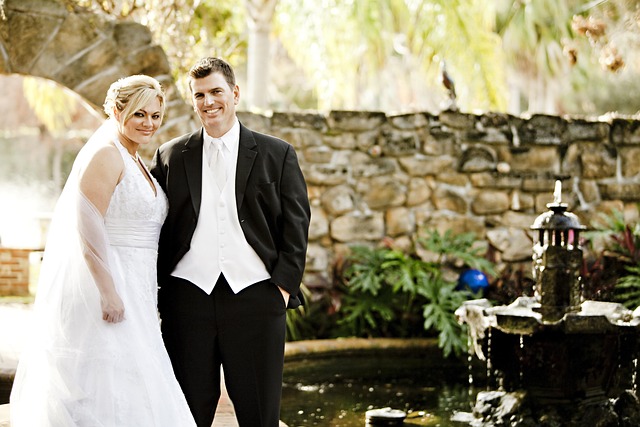When couples in England and Wales begin drafting a prenuptial agreement, a common question is: “What exactly can we put in it?” It’s a fair question. A prenup isn’t a free pass to decide anything and everything; it has boundaries.
Think of it like a toolbox: a prenup gives you the right tools to organise financial matters, but not every gadget under the sun. Some things fit neatly into the legal framework, while others are strictly off-limits.
Here’s a clear, practical guide to what prenuptial agreements (prenups) in England and Wales can and cannot cover.
What a Prenup Can Cover
Ownership of Assets and Property
- Property bought before the marriage
- Rules for jointly purchased property
- Division of savings, pensions, or valuable items
Example: If one partner owns a London flat before marriage, the prenup can state it remains theirs even if the couple later lives there together.
Responsibility for Debts
Prenups can prevent one partner from being liable for the other’s financial obligations such as credit cards, loans, or business debt.
Spousal Maintenance (Alimony)
Agreements can set out if one spouse supports the other after divorce. Courts will still review fairness.
Business Interests
Protection for existing companies or family-owned businesses, ensuring they stay outside divorce disputes.
Future Earnings and Inheritances
- Inheritances may remain separate
- Rules for bonuses, royalties, or dividends
- Agreement on whether salaries are pooled or kept separate
What a Prenup Cannot Cover
Child Custody and Support
In England and Wales, courts always decide children’s arrangements in line with their best interests, not a prenup.
Lifestyle Clauses
Household chores, holidays, or personal rules will not be enforced.
Anything Unfair or Illegal
Prenups must be fair, transparent, and reasonable. Agreements that leave a spouse destitute or hide assets will likely be set aside.
FAQs About Prenups
Not automatically. Courts are not obliged to enforce them, but they give significant weight if:
. Both parties had independent legal advice
. Full financial disclosure was made
. The agreement is fair
. It was signed well before the wedding
Yes. You can agree whether pensions are separate or shared.
Yes. A postnuptial agreement can update terms if circumstances change.
The court may set aside the prenup. Transparency is essential.
Yes. It’s not about mistrust; it’s about clarity and reducing conflict if things change in the future.
Final Word
A prenup in England and Wales is not about predicting failure. It’s about fairness and foresight, protecting property, businesses, debts, and spousal arrangements while respecting legal limits.
For couples here, expert guidance from a family solicitor is essential to make sure your agreement is both fair and future-proof.












